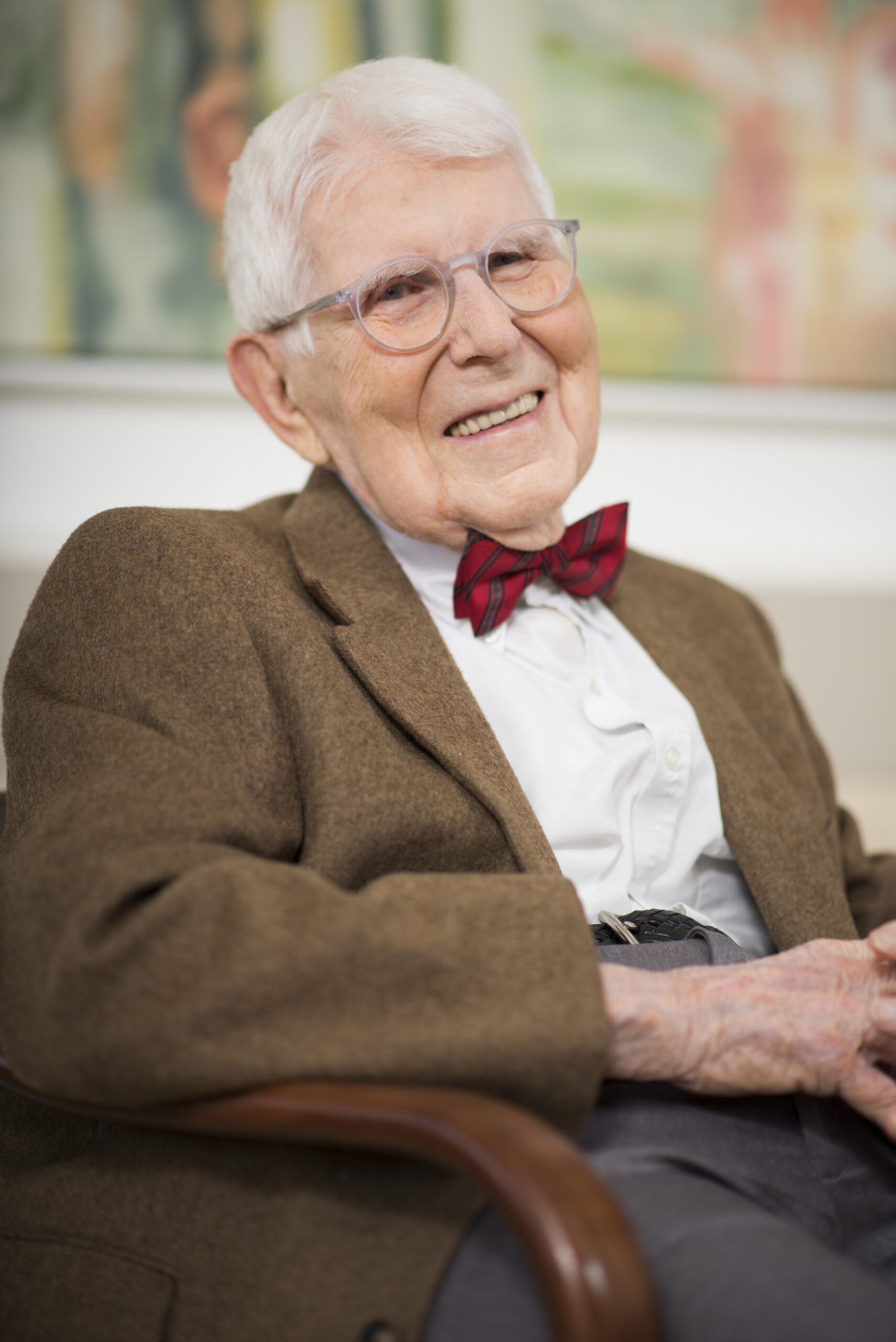A Biography of Cognitive Behavior Therapy
by Aaron T. Beck
Part 1 of 3
I thought I would begin today with a little bit of the history, but as Emerson once said, “There is no such thing as history, only biography.” So I am going to give you my biography and we will see how it wraps up into history.

Many years ago, I wanted to test out an intervention that I had developed called Cognitive Therapy, and so I set up a clinic that was called The Mood Clinic. The clinic served many purposes. It was simultaneously a research clinic, a training clinic, and a service clinic. We first dealt with depression, and I wanted to see if what we had developed as the intervention for depression was a valid one. In those days, as well as today, in order to prove the validity of any type of intervention, you would have to have a clinical trial with a control group and an intervention group. The control group received 12 weeks of Imipramine. The intervention group received 12 sessions of cognitive therapy. This randomized controlled trial showed that cognitive therapy treatment was more effective than Imipramine. This was the first study that showed that a psychosocial intervention worked with depressed people, and that cognitive therapy worked at least as well as pharmacological therapy.
Indeed, when we continued to follow the patients during the follow up period, we found that patients who had received 12 weeks of Imipramine tended to not do well in the follow up period, but those using our psychosocial intervention continued to do well. The explanation was that the Cognitive Therapy intervention had actually taught people new skills. The pharmacotherapy people could no longer progress without receiving more drugs.
In subsequent clinical trials, people were kept on the drugs longer; however, the period for the psychotherapy was reduced! To make a long story not quite as long, we fine-tuned the treatment and wrote a book describing the treatment. Then we turned our attention to anxiety disorders. From then on, we continued with the same paradigm. We would make clinical observations of patients with a different disorder, develop a cognitive formulation of the disorder, and adapt our interventions. We would then do a clinical trial to demonstrate that it was valid. And we would publish a book. And so we went on from depression to suicide, substance use, anxiety, and personality disorders. We found that our clinical trials were quite effective, and we wrote a number of books on a number of other disorders too. This took us about forty or fifty years. When you have a new therapy, you have to start when you are very young, or you are not going to live to see the ultimate applications!
Read part 2: The Evolution of CBT in Community Mental Health